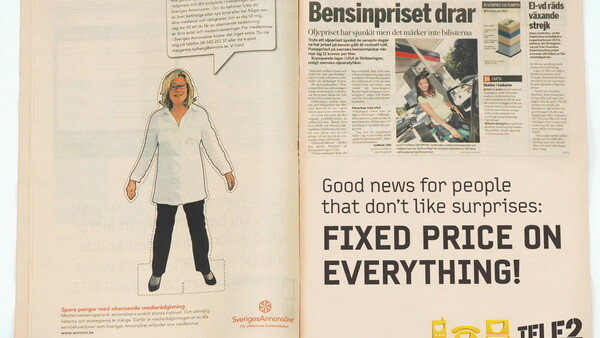
 The Middle East’s largest online auction and buying site has decided auctions are so last decade.
The Middle East’s largest online auction and buying site has decided auctions are so last decade.
From the beginning of 2011 sellers won’t get the option to sell their products in an auction. It’s fixed price, or none at all.
The decision comes as a shock to many as Souq.com, which opened its doors to the public in 2005 and has since launched in 5 countries in the region, has always been portrayed as the eBay of the Middle East. At least in terms of online auctions, not anymore.
“We (and most of our sellers) want to offer the best online shopping experience to users in the region, and this is one step along the way to support this goal.” said CEO and Founder of Souq.com Ronaldo Mouchawar in an email about the recent shift.
This change, as most in life, will have its supporters and detractors. The good thing is, it looks like a only slim minority might end up annoyed.
To illustrate the above, lets say you’re a painter and you work from home during your spare time. I’m one of those who believe art has no price, but since it’s good to have paint to create priceless masterpieces, putting the occasional price tag on your work isn’t entirely evil. The only problem with that is how do you put a price tag on art in the first place? Van Gough considered giving money for art is as important as being an artist yourself. That’s where auctions come in strong.
By putting up a painting to sell through an auction, the seller allows the highest bidder to give her as much it takes to win the auction, or otherwise ask to ‘Buy Now’ according to a price the seller sets. Will this shift be good for those who realistically don’t know how much their work is worth? I would say no.
On the flip-side regional retail stores tend to invest large amounts of money to put their products online on their own, and usually fail miserably. Many factors come into play, but the most obvious are a large user base and an easy to use website to buy from.
This encouraged Souq.com to build a platform for merchants and retail stores to offer their products on Souq through fixed prices (almost all the time), and through Souq Stores which are customizable online outlets for retailers such as UAE’s Jacky’s Electronics & Egypt’s Diwan Books, within the Souq.com ecosystem.
“Over the past year our sellers have enjoyed healthy growth in the Fixed Priced, which enabled Souq.com to be the leading online shopping site in the region for branded and new products, and we kept developing features to support this growth, such us search, checkout, ease of payment, combined shipping etc.” added Mouchawar.
According to Souq, most buyers in the Middle East prefer to buy immediately without having to wait for the auction to come through. Shipping, bulk purchases, and payment complications all factor in on this matter in the Middle East.
That means most users don’t even want to see auction results when searching within a certain category or browsing through offers. For that purpose, removing auctions entirely will definitely improve the user experience.
According to Mouchawar “The fixed priced format gives us better search relevance and sort (based on match not time to close) , Quick checkout capability, combining orders from similar or multiple sellers, ability to provide price comparison, Product reviews , mobile version and so on”.
Another interesting fact that separates Souq from its foreign counterpart eBay is that it doesn’t charge a listing fee. It only makes money if an item is sold. Which means if auctioneers aren’t making money, Souq is actually losing money as a result.
Will this move have a ripple effect on the e-commerce scene in the Middle East? Does this mean novelty items without a clear fixed value still aren’t interesting enough for Middle Eastern users to buy online? I’m saying yes. What do you think?
Get the TNW newsletter
Get the most important tech news in your inbox each week.




